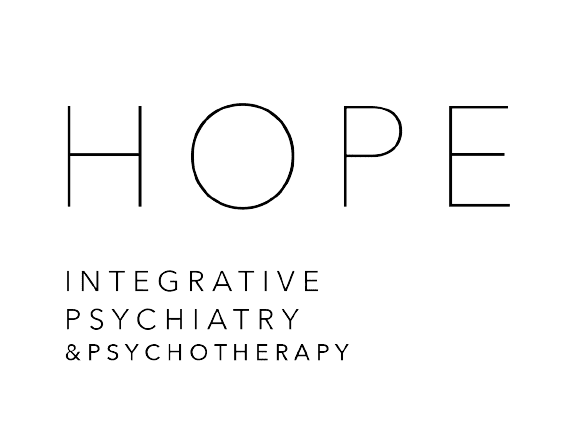In the realm of mental health care, integrative psychiatry is gaining recognition and appreciation for its comprehensive and patient-centered approach to mental health recovery. Unlike traditional psychiatric practices that primarily focus on symptom management through medication, integrative psychiatry seeks to address mental health challenges by considering the whole person and integrating various therapeutic modalities.
This holistic approach offers a myriad of benefits that can revolutionize the way we understand and treat mental health conditions and provide a path to mental health recovery.
Mental Health Recovery Treatment Process
1. Holistic View of Mental Health:
Integrative psychiatry recognizes that mental health is not solely determined by the brain but influenced by various interconnected factors. These factors may include physical health, diet, social support, spiritual practices, genetics, lifestyle choices, emotional well-being, and environmental factors. By taking this holistic view, integrative psychiatrists can identify and address the root causes of mental health issues, rather than merely treating the symptoms.
2. Personalized Treatment Plans
Each individual’s experience with mental health challenges is unique, and a one-size-fits-all approach may not be effective. Integrative psychiatry embraces the concept of personalized medicine, tailoring treatment plans to suit the specific needs, preferences, and circumstances of each patient. This personalized approach fosters a strong therapeutic relationship, increases patient satisfaction, and enhances the likelihood of successful outcomes.
3. Complementary Therapies
Integrative psychiatry combines conventional psychiatric treatments with complementary and alternative therapies. These therapies may include psychotherapy, mindfulness practices, yoga, art therapy, nutritional counseling, Eastern Medicine treatments (acupuncture, cupping, herbal remedies, Reiki) and more. By incorporating these complementary approaches, patients have access to a diverse range of tools that can address multiple aspects of their mental health and well-being.
4. Reduced Reliance on Medications
While medications can be beneficial in managing certain mental health conditions, integrative psychiatry aims to reduce over-reliance on pharmaceutical interventions. Instead, it seeks to identify lifestyle factors, stressors, and imbalances that contribute to mental health challenges. By addressing these factors through non-pharmacological means, integrative psychiatry can potentially lower medication dosages or transition patients to non-pharmaceutical treatments when appropriate.
5. Prevention and Health Promotion
Integrative psychiatry places a strong emphasis on prevention and health promotion. Rather than solely focusing on reactive treatment, integrative psychiatrists work proactively with patients to cultivate healthy habits and lifestyles that enhance mental resilience. By promoting overall well-being and emotional resilience, integrative psychiatry seeks to prevent the development of severe mental health conditions and foster a more balanced and fulfilling life.
6. Empowering Patients
Integrative psychiatry empowers patients to take an active role in their healing journey. Through education, self-awareness, and participation in their treatment plans, patients become partners in their mental health care. This sense of empowerment can lead to increased self-esteem, motivation, and engagement in the recovery process.
7. Enhancing Quality of Life
By addressing multiple aspects of mental health and well-being, integrative psychiatry seeks to improve patients’ overall quality of life. Patients may experience enhanced mood, better coping skills, reduced stress, and improved relationships, leading to a more fulfilling and balanced life.
8. Complementing Traditional Psychiatry
Integrative psychiatry does not aim to replace traditional psychiatric practices. Instead, it complements them by offering additional tools and perspectives to enhance patient care. Collaborative efforts between integrative psychiatrists and traditional mental health professionals can result in a more comprehensive and well-rounded approach to mental health recovery.
Integrative psychiatry is a powerful and promising approach to mental health recovery. By considering the whole person and integrating various therapeutic modalities, it offers a range of benefits that can lead to more effective, personalized, and sustainable solutions for mental health challenges.
Empowering individuals to take an active role in their healing journey and fostering overall well-being, integrative psychiatry paves the way for a new era of mental health care that values and addresses the interconnected aspects of human existence.
Contact us to for California integrative psychiatry alternatively if you live outside of California you might Google, integrative psychiatry near me to find your closest integrative psychiatrist.


